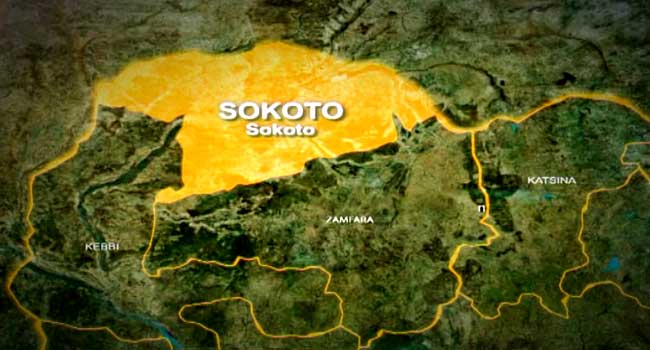The Sokoto State government has rolled out a series of high-impact development projects worth over ₦46.8 billion, targeting key sectors such as housing, agriculture, and urban infrastructure.
Following a State Executive Council meeting on Thursday, the Commissioner for Information, Hon. Sambo Bello Danchadi, disclosed that the government had endorsed the acquisition of 500 luxury housing units located in the proposed Sokoto City. The purchase, valued at ₦44.7 billion, is part of a broader urban renewal plan aimed at easing housing pressure as the state’s population continues to grow.
“This initiative is a proactive step toward improving urban living standards and accommodating rising demand for residential space,” Danchadi said during the briefing, accompanied by top government officials.
In a separate move to bolster the agricultural sector, the council approved the procurement of 250 tractors and a range of agricultural tools worth ₦22.1 billion. The funding will be shared between the Ministry of Local Government and Chieftaincy Affairs (60%) and the Ministry of Agriculture (40%).

According to the Commissioner for Agriculture, Tukur Alkali, the tractors will be offered to farmers at subsidised rates to encourage large-scale farming and enhance food security across the state.
“This is not just a purchase; it’s a strategic intervention to empower farmers and promote mechanised agriculture at the grassroots level,” Alkali noted.
The state government also greenlit the construction of a pedestrian bridge at Yakubu Muazu Model Primary School along Birnin Kebbi Road. The project is intended to safeguard pupils crossing the busy highway daily.
In addition, over ₦2 billion has been earmarked for perimeter fencing of key water treatment facilities in communities such as Gagi, Mana, Asare, Old Airport, and Tamaje an effort to enhance the security and efficiency of public utilities on the outskirts of Sokoto metropolis.
These developments reflect a broader push by the Sokoto government to modernise public infrastructure and create a more resilient, inclusive environment for its residents.




